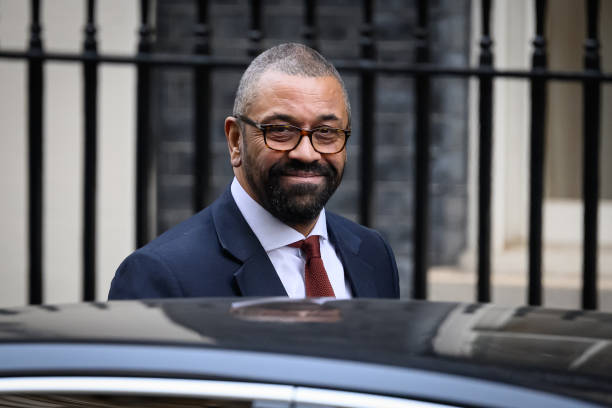New UK Immigration Rules for Skilled Workers. In a significant move aimed at reshaping the landscape of legal migration, bolstering border security, and addressing unsustainable migration levels, the Home Secretary has unveiled a series of robust measures set to come into effect within weeks. This announcement follows the Prime Minister and Home Secretary’s unveiling of a comprehensive reform package in December. This represents the most substantial reduction in net-migration to date and a concerted effort to combat exploitation within the immigration system.
Scheduled to commence in March, these transformative changes aim to curtail abuse of the migration system. This guarantees that individuals choosing the UK as their home can manage the expenses. The reforms would have prevented around 300,000 individuals who entered the UK last year from doing so under the new regulations.
Key Reforms on Visa for Skilled Workers:
Commencing on March 11, reforms will restrict care workers from bringing dependents and mandate care providers to register with the Care Quality Commission when sponsoring migrants. This step aims to address potential abuse within the Health and Care visa route and promote genuine employment opportunities.
Effective from March 14, Immigration Rules will be laid out, including the removal of the 20% going rate discount for occupations on the Shortage Occupation List. This discount will be replaced by a new Immigration Salary List from early April, as recommended by the Migration Advisory Committee (MAC).
From April-4, the minimum salary for those arriving on the Skilled Worker visa will rise significantly from £26,200 to £38,700. Which is a 48% increase. This move aims to reduce migrant numbers, relieve pressure on public services, and prevent the undercutting of British workers.
Starting at £29,000 from April-11, the minimum income requirement for family visas will increase gradually, reaching £38,700 by early 2025. Aiming to offer predictability for families, this phased
approach ensures that dependents can receive financial support in the UK.
At the beginning of January, the authorities implemented changes to student visas. Which eliminated the option for nearly all postgraduate students to bring their dependents to the UK.
Additional Measures:
Workers on a Health and Care visa and those on health and education national pay scales will be exempt from the specific minimum salary threshold for Skilled Worker visas.
The government is advancing the modernization and enhancement of the UK border’s security through the electronic travel authorization (ETA) scheme. Starting on February 1, the remaining nationals of the Gulf states and Jordan will experience the implementation of the ETA scheme, with a global rollout scheduled throughout 2024.
Starting January-31, reforms to the visit visa will expand permitted activities, making it easier to conduct business in the UK. Which shows the government’s commitment to welcome those contributing skills and talents.
From February 6, the Immigration Health Surcharge will rise by 66% to £1,035. This reflects increased healthcare expenditure and ensuring a fair financial contribution from those benefitting from public services, like the NHS.
Conclusion
This comprehensive transformation aligns with the government’s commitment to achieving sustainable migration levels, protecting British workers, and reinforcing national security. As these reforms come into effect, they signal a new era in the management of legal migration. Balancing the need for skilled workers with the imperative of safeguarding public resources and national interests.
For more detailed information, please refer to the official government announcement here.









